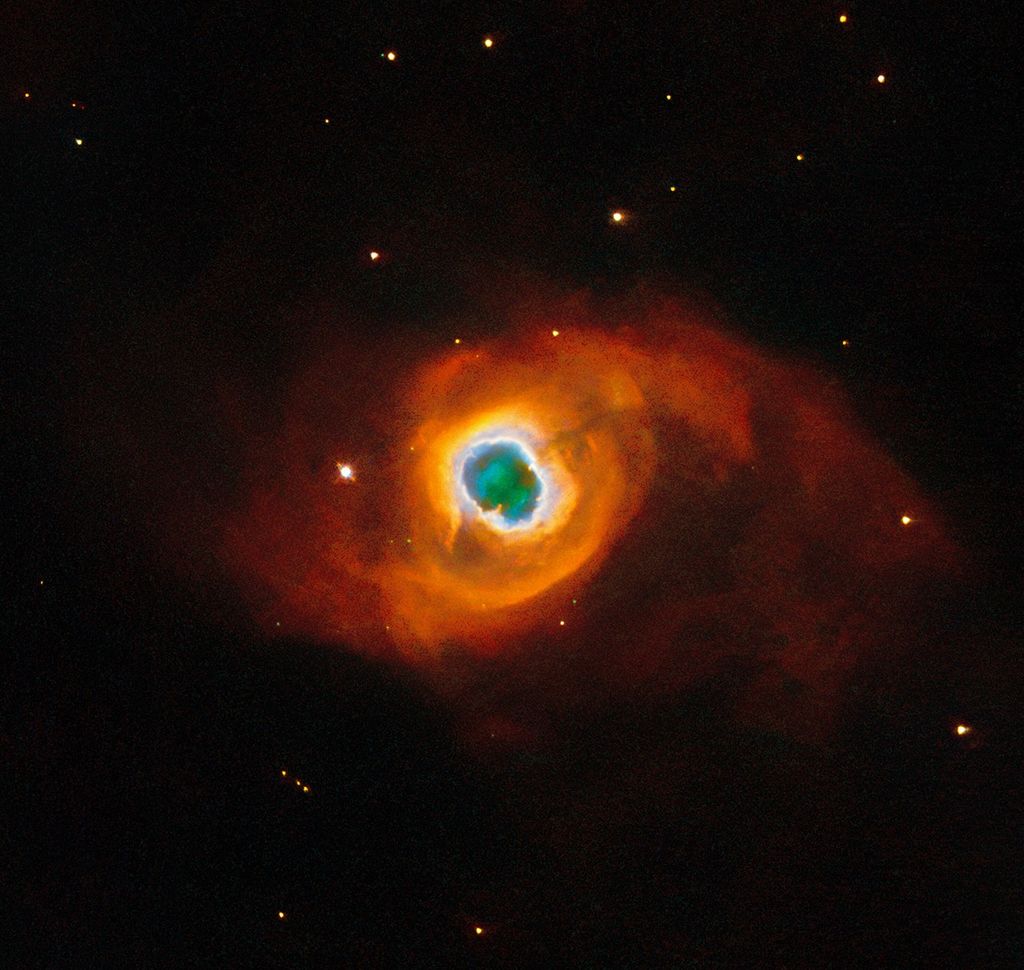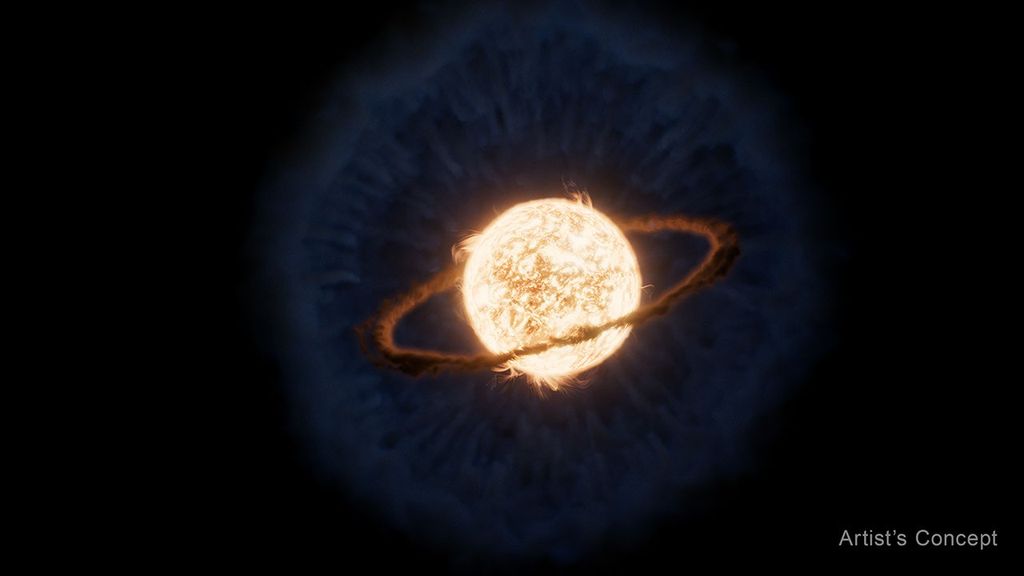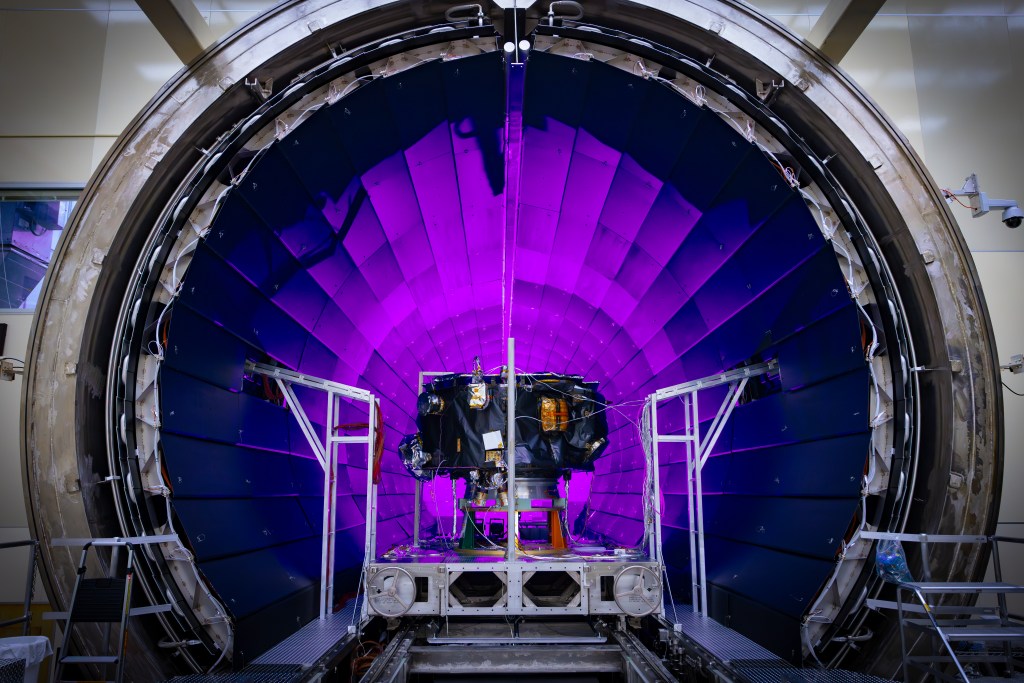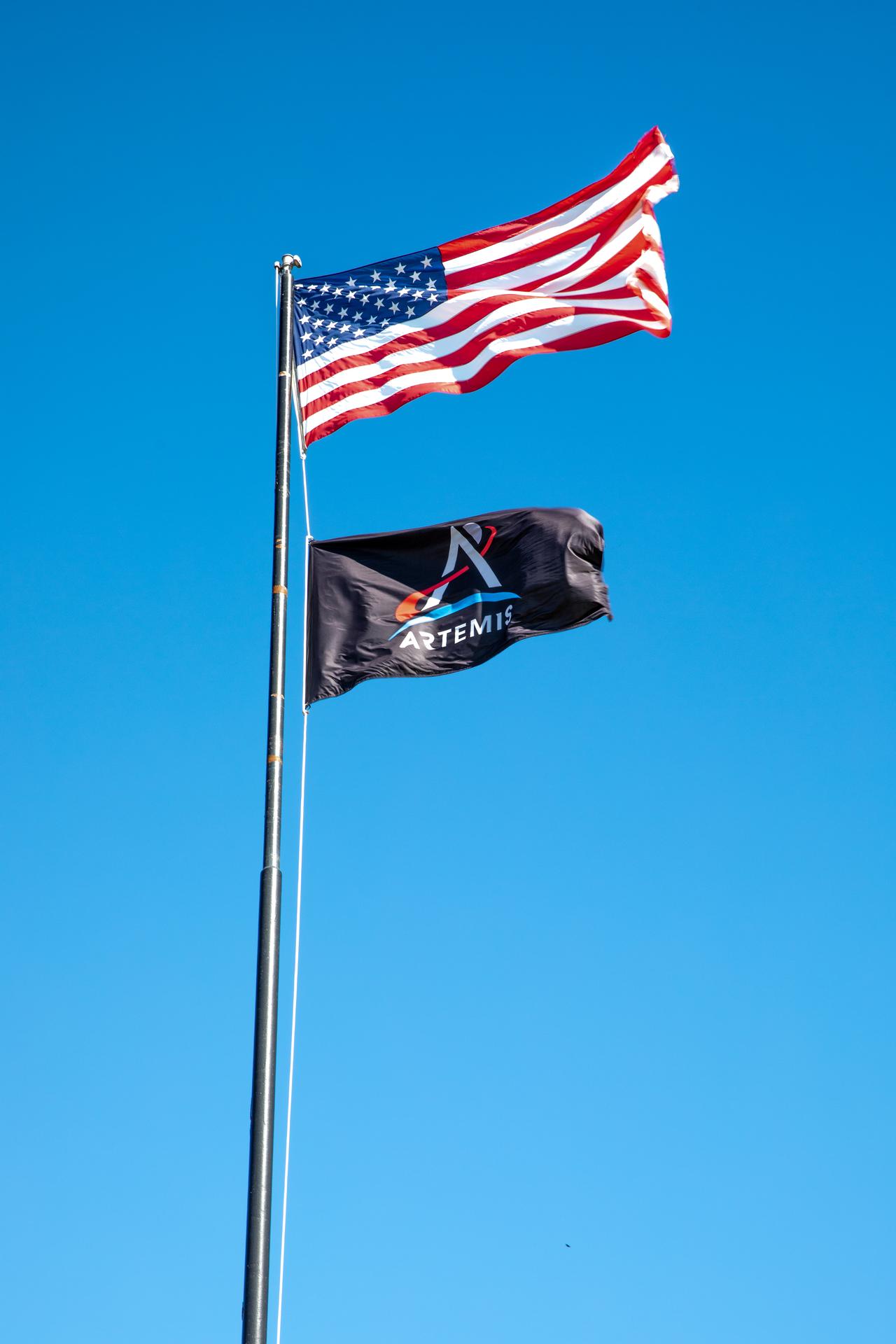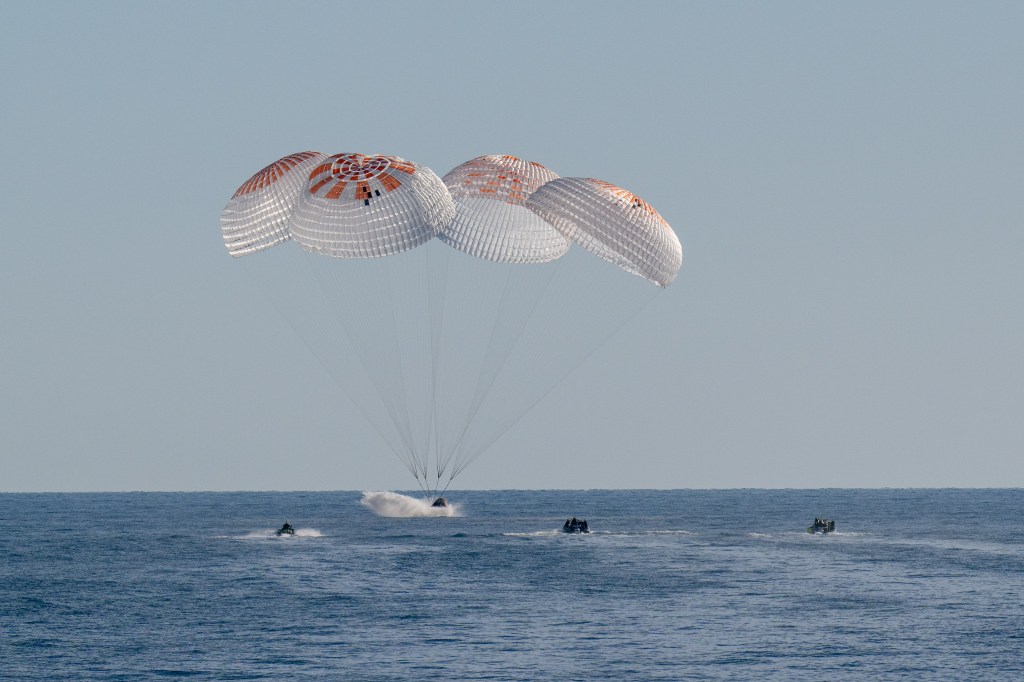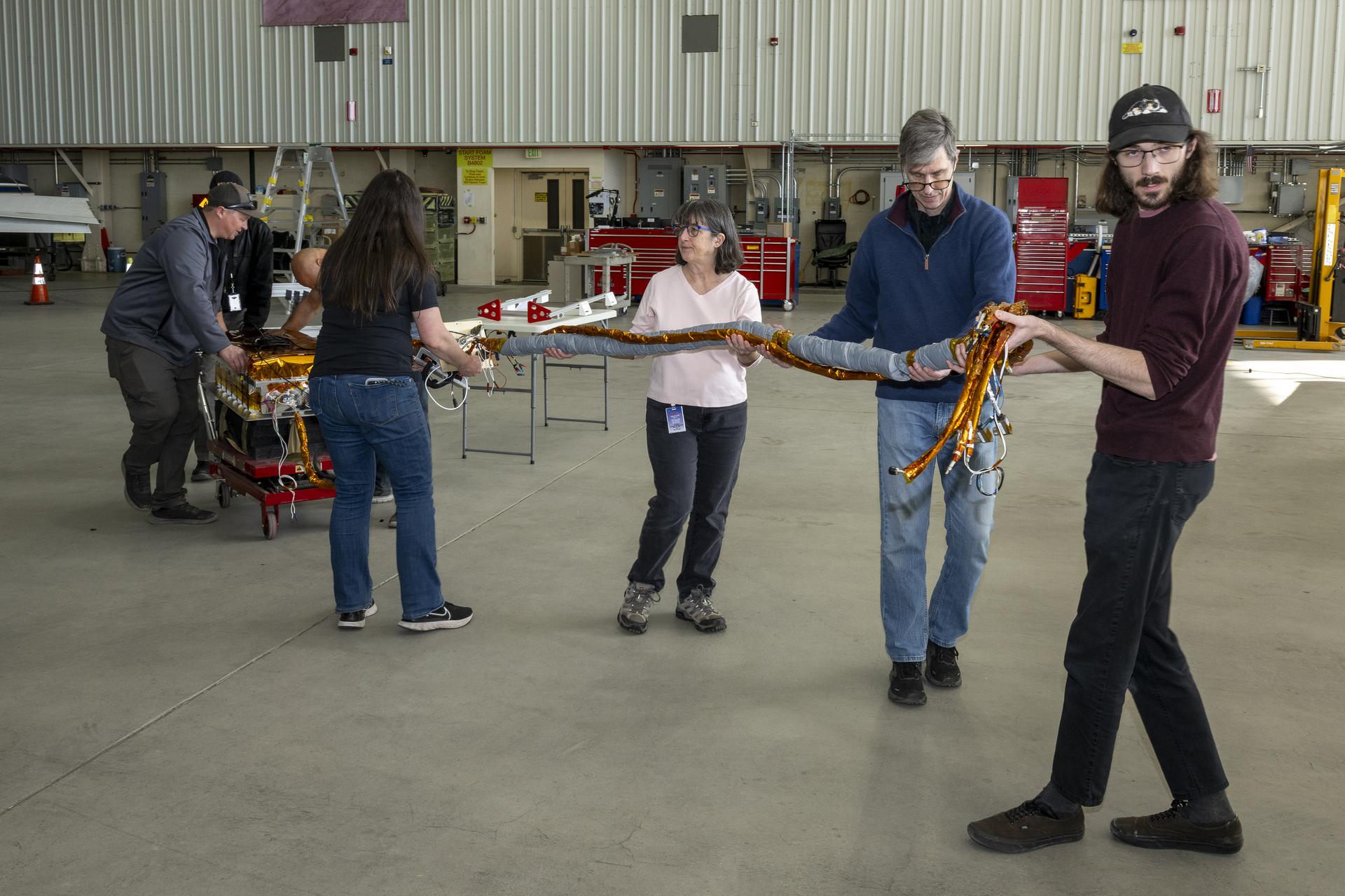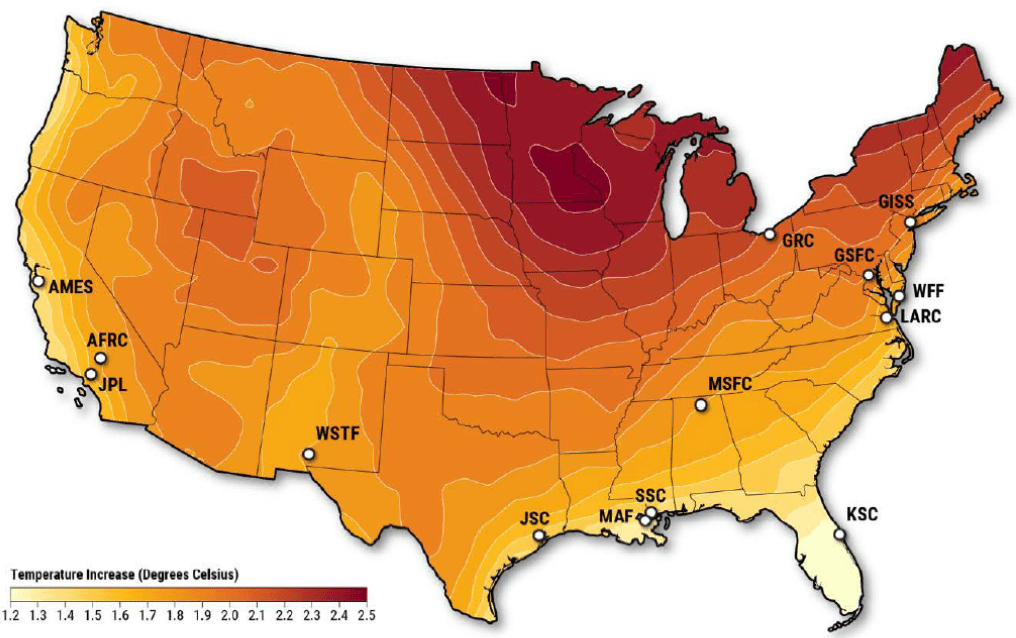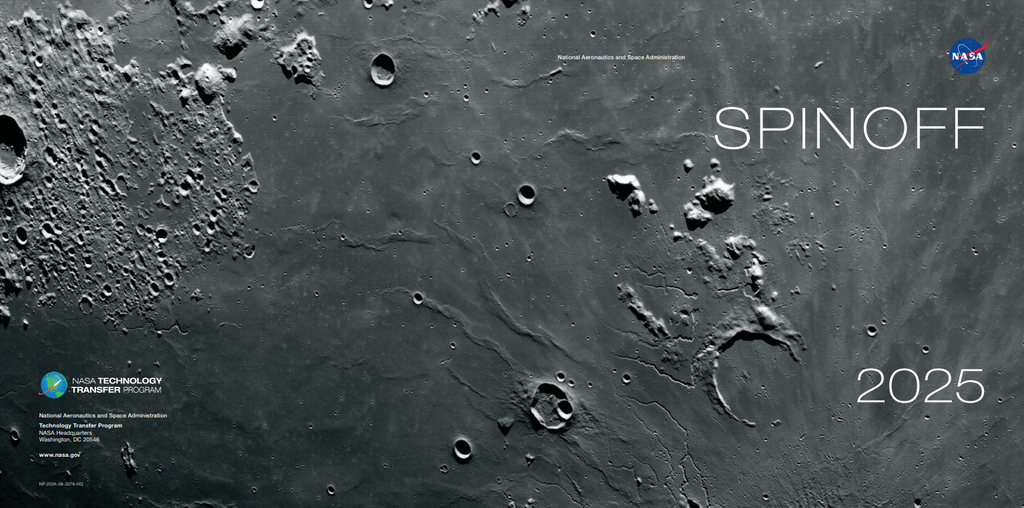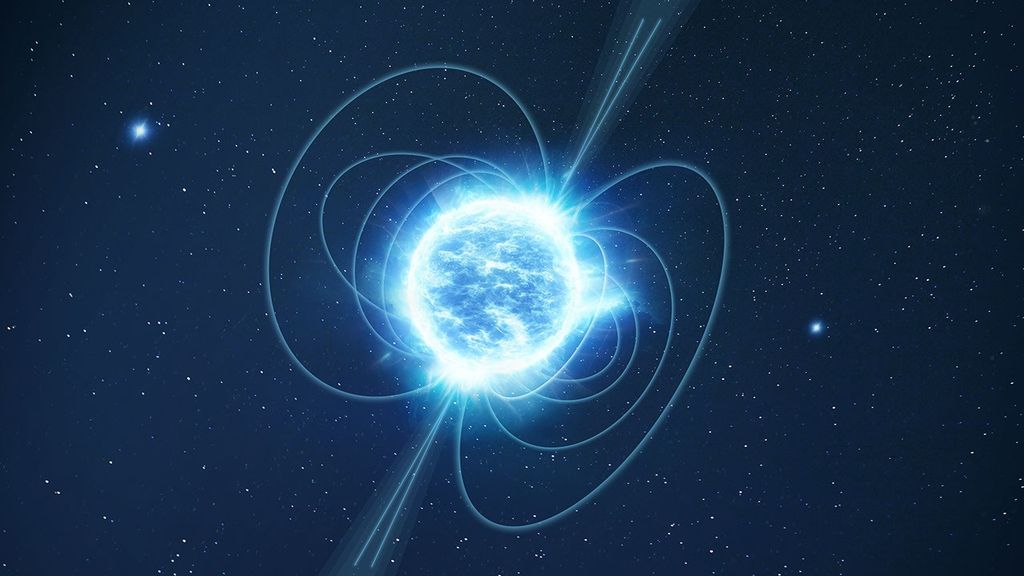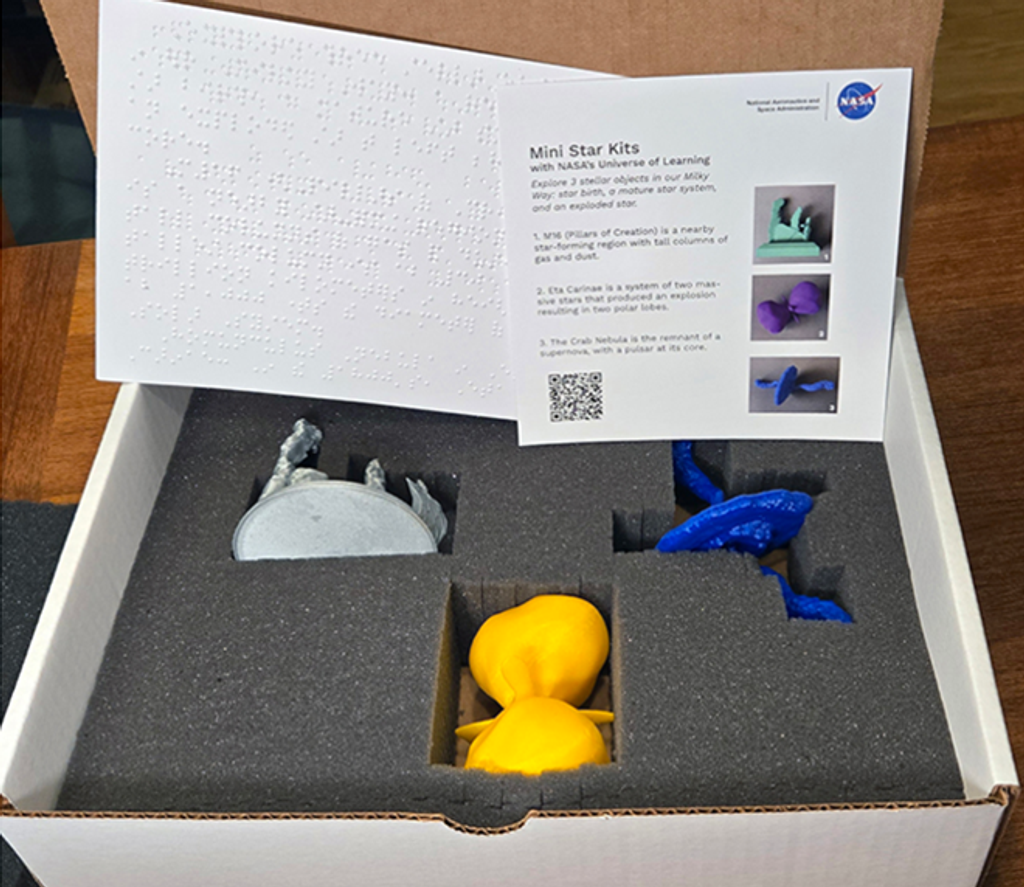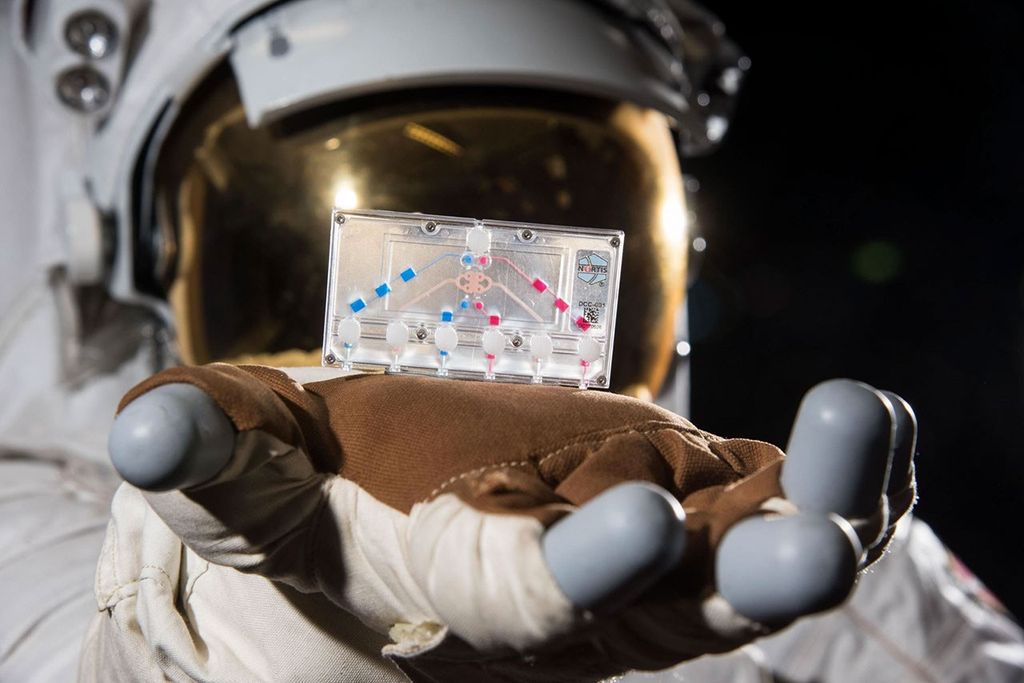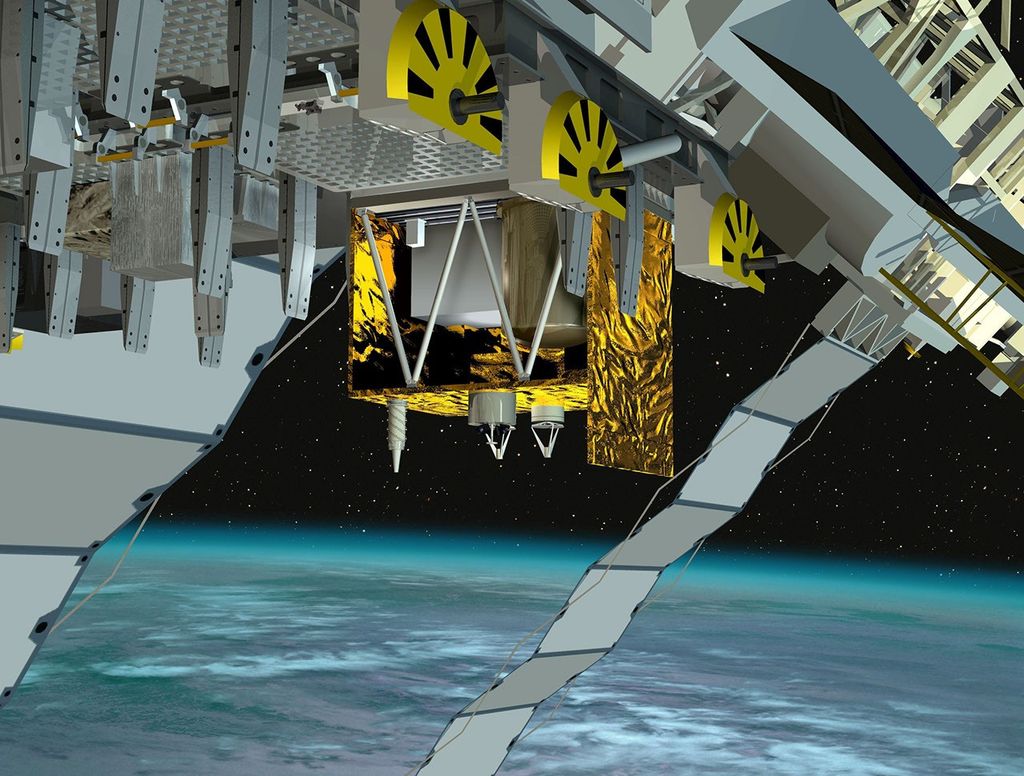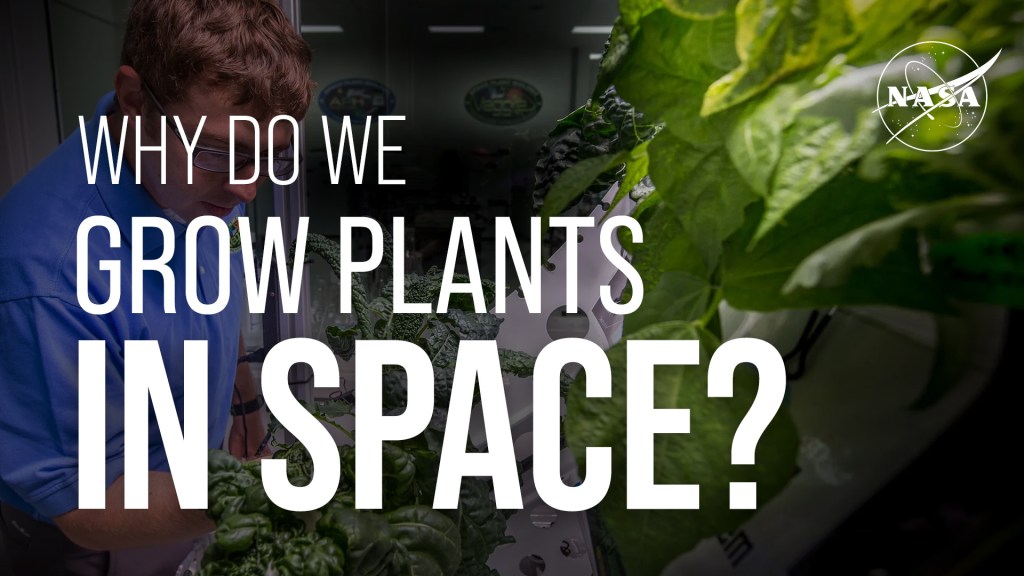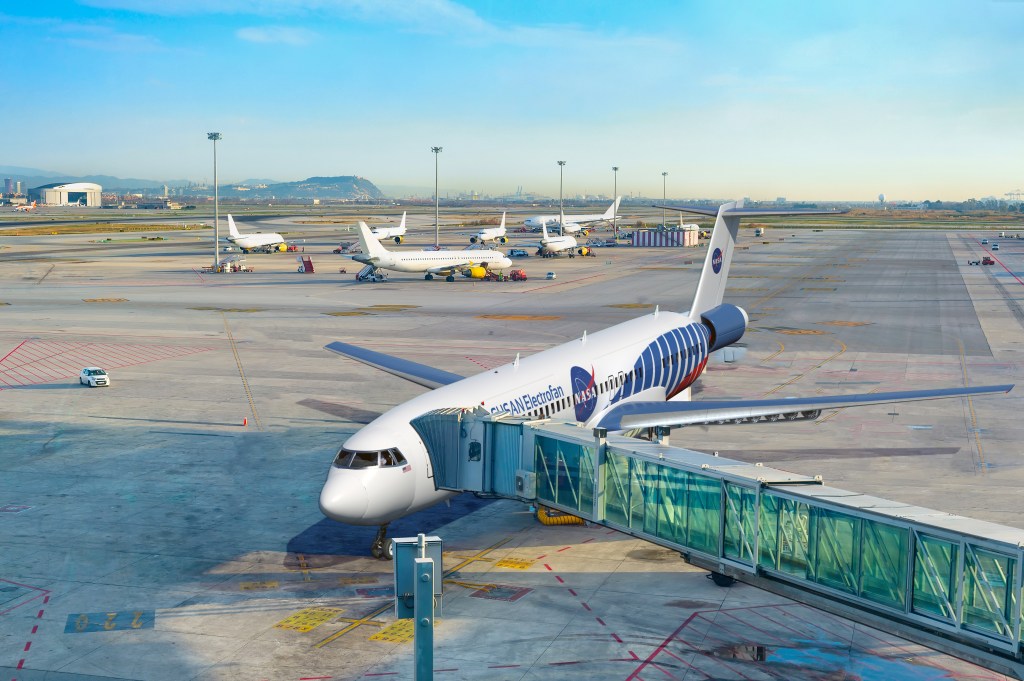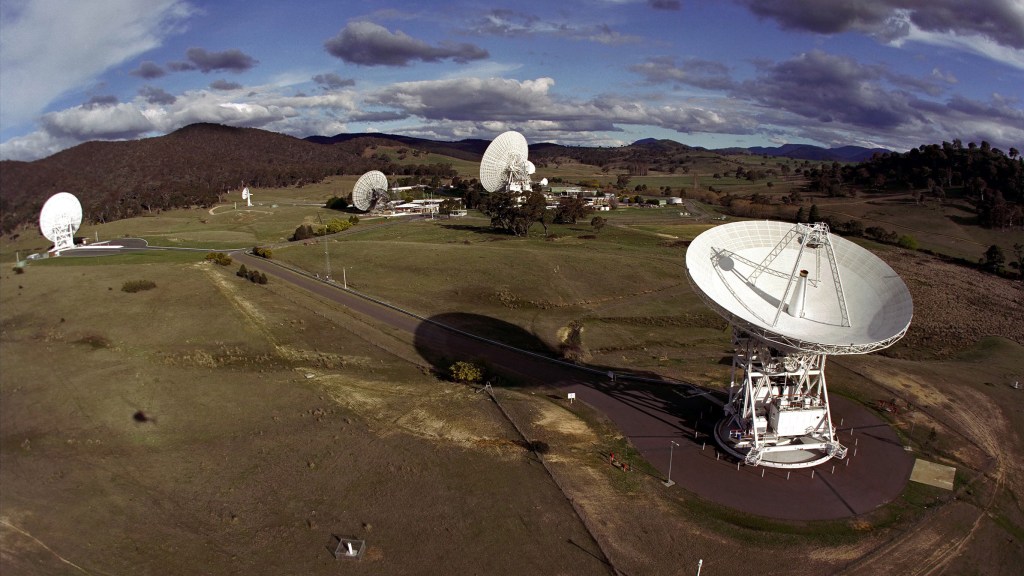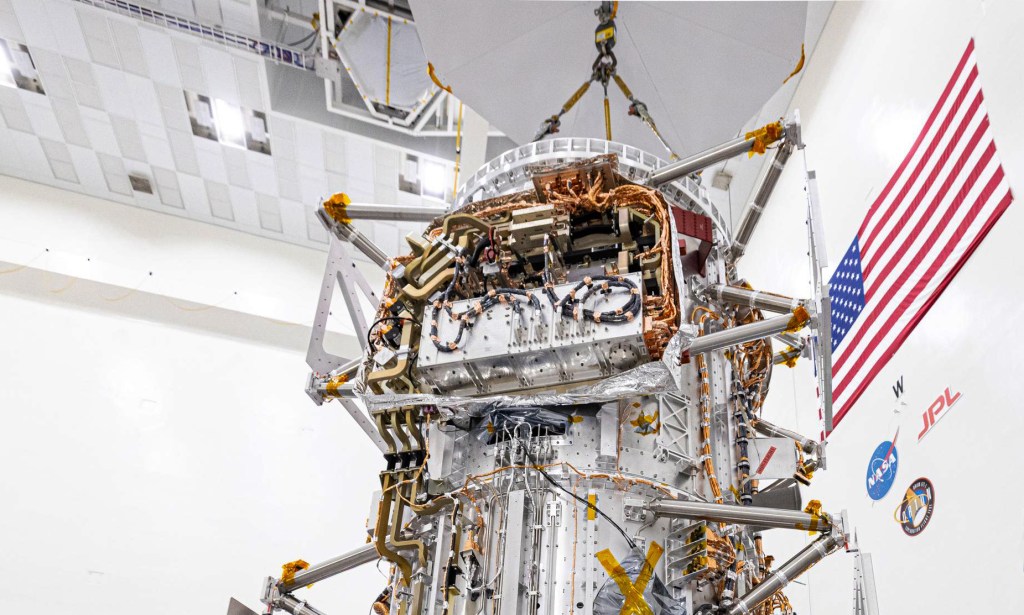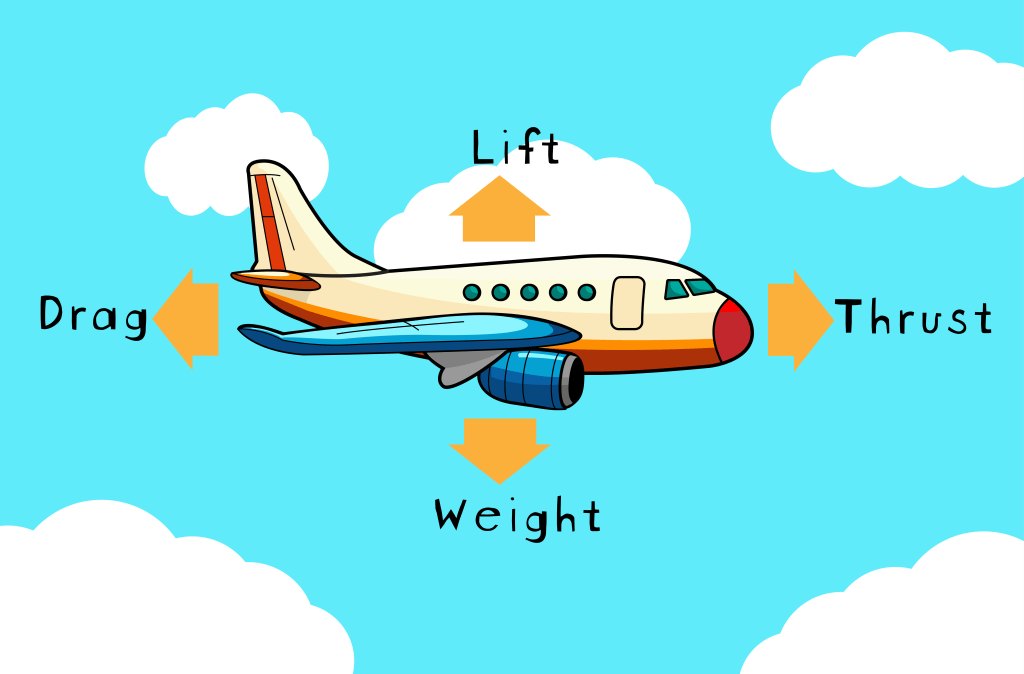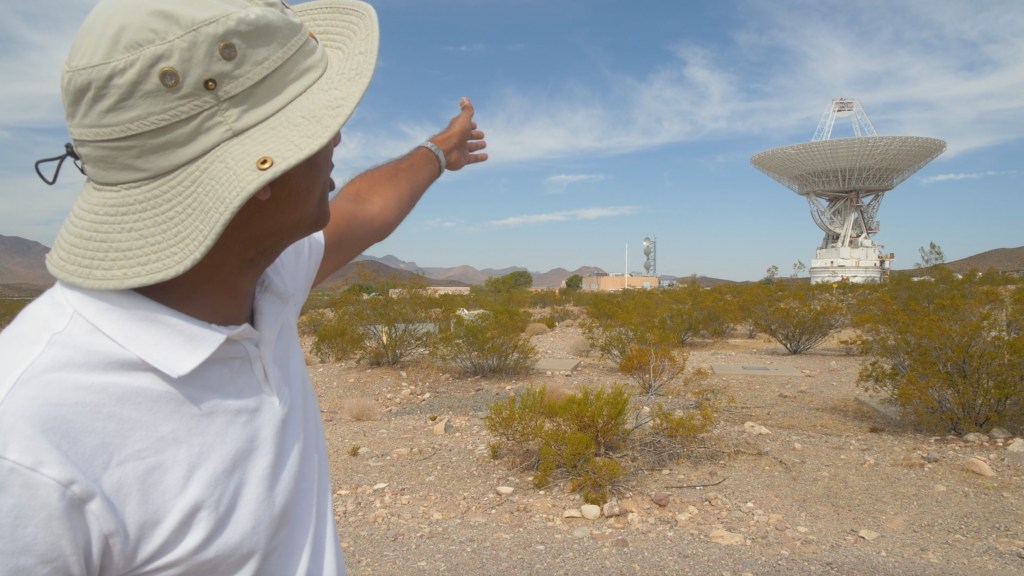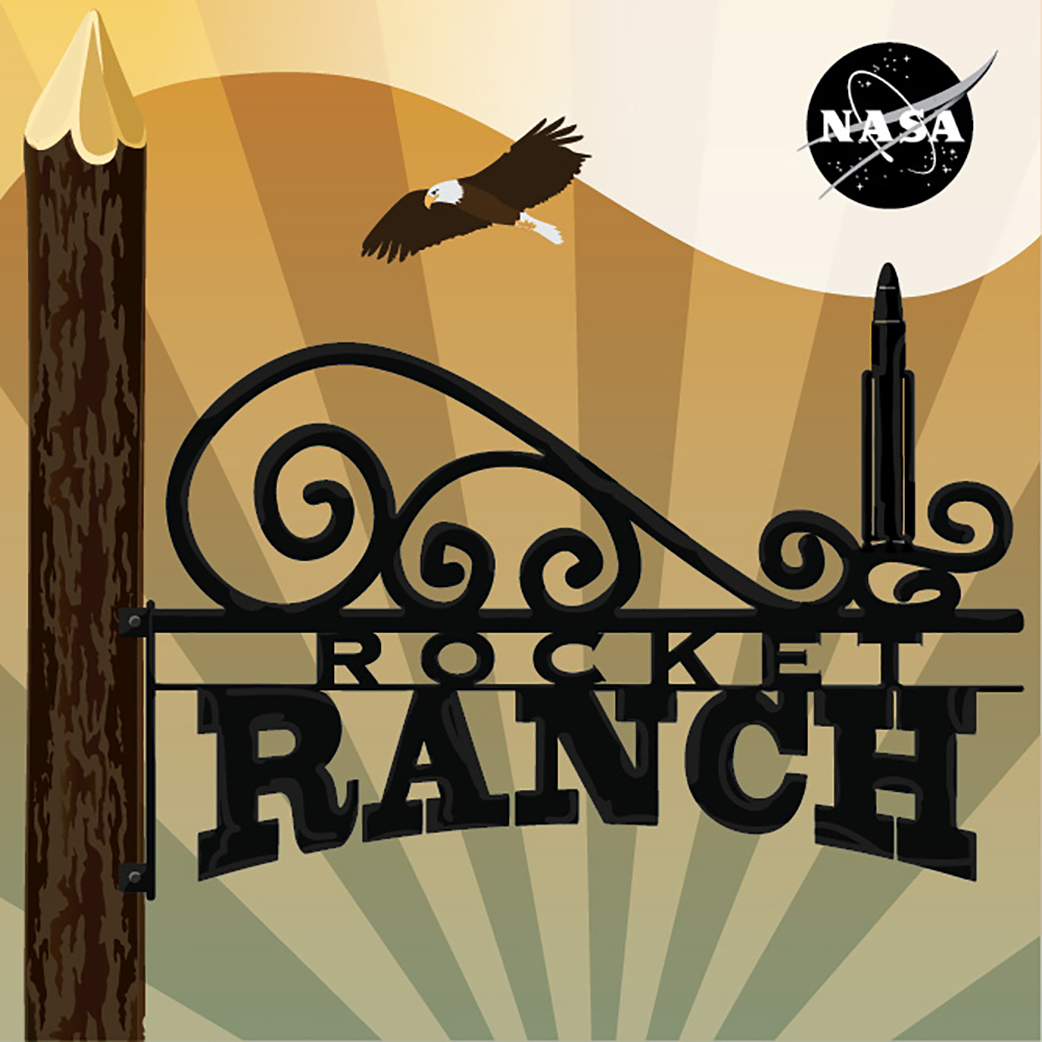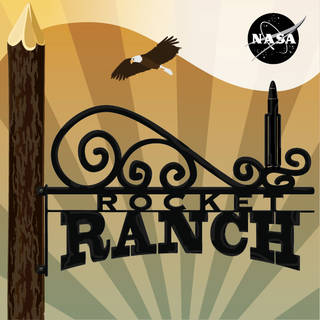
Transcript
Joshua Santora (Host):You’re listening to the official podcast from NASA’s Kennedy Space Center, but here on Florida’s Space Coast, we call it the Rocket Ranch. But what makes these rockets fly? It’s people. And not just space cowboys, but regular men and women doing extraordinary things. During this podcast series we’re going to introduce you to some of the scientists, engineers and technicians who are paving the way to send pioneers back to the Moon and later put their boots on Mars.
Here at the Rocket Ranch, we have individuals with diverse backgrounds working to push the boundaries of technologies that will take us deeper into space while helping mankind here on Earth. While we have our share of seasoned veterans working here, there also are those young whippersnappers who started innovative research while still in college. They’re joining the cause to develop groundbreaking robotics and self-healing materials. Some of these innovations are being tested on the International Space Station, our proving ground before we head further into space. Their discoveries may soon be as much a part of your daily life as the smartphone in your pocket.
We will share stories that you will not normally get to hear. We’ll have some fun conversations with experts as we learn what they’re doing and how they got to where they are. Think of it as your behind-the-scenes sneak peek into the inner-workings of the world’s premiere spaceport.
Caley Burke:So we have somebody here at NASA who’s called the Planetary Protection Officer, which after a nine-year-old applied, I now joke they’re the Guardian of the Galaxy.
Ralph Fristche:It takes a lot of energy and a lot of money to get food sent from the ground up into deep space. Crew of six, one-year stay on Mars is 26 thousand pounds of food, 31 cubic meters of volume.
Dr. Gioia Massa:We will need plants to survive on Mars. I don’t think there’s any question that we’re going to need them for nutrients and for food.
Host:So you strap me in a rocket, I got a space suit on, I have some food and some water, how successful of a mission is this to Mars?
Rob Mueller:Well first of all you have to realize that this is not a short trip. To compound that, once you get there you can’t come home right away. If you had an emergency, the planets aren’t lined up the way the orbits work.
Caley Burke:We have to consider these really complex journeys. It’s not just doing an equation once, we’re always trying to make it as optimal as possible. There’s all these levers you have to push. I think of it as planning a summer vacation. You know, how many different summer vacations are out there? There are millions of ideas.
Host:In the future we hope to add some interactive features to the podcast, in the meantime you can tweet us @nasakennedy and use the hashtag #NASARocketRanch. Go ahead and subscribe to the podcast on your favorite podcast line. We’ll have a new episode up every month. We hope you’ll join us as we learn how the team at the Rocket Ranch is building our bridge to the future. Saddle up cowboys, and enjoy your stay at the ranch.

